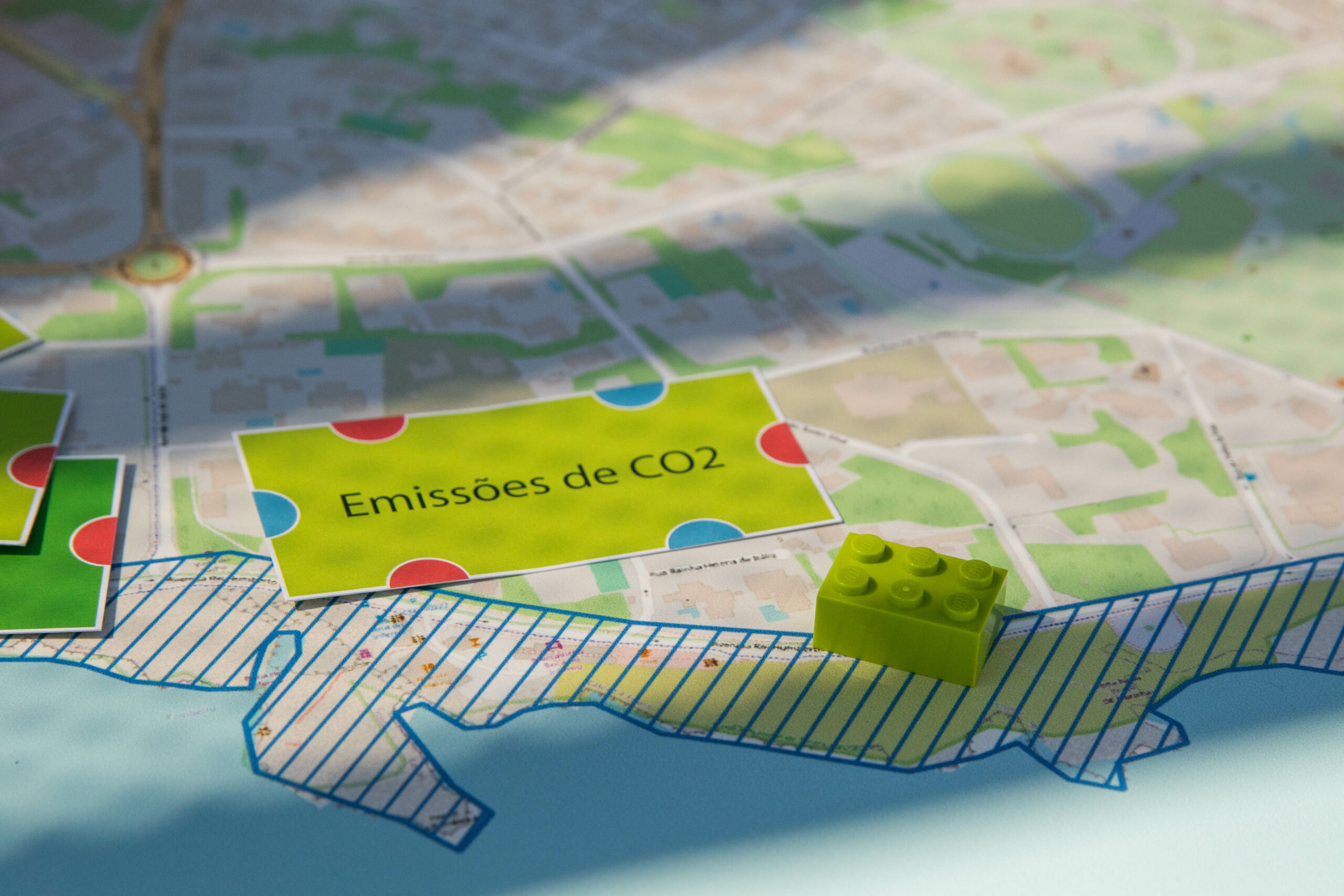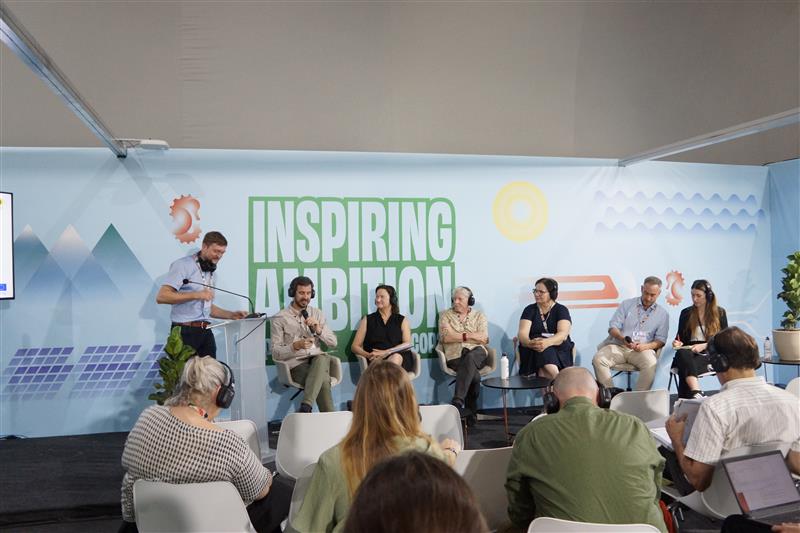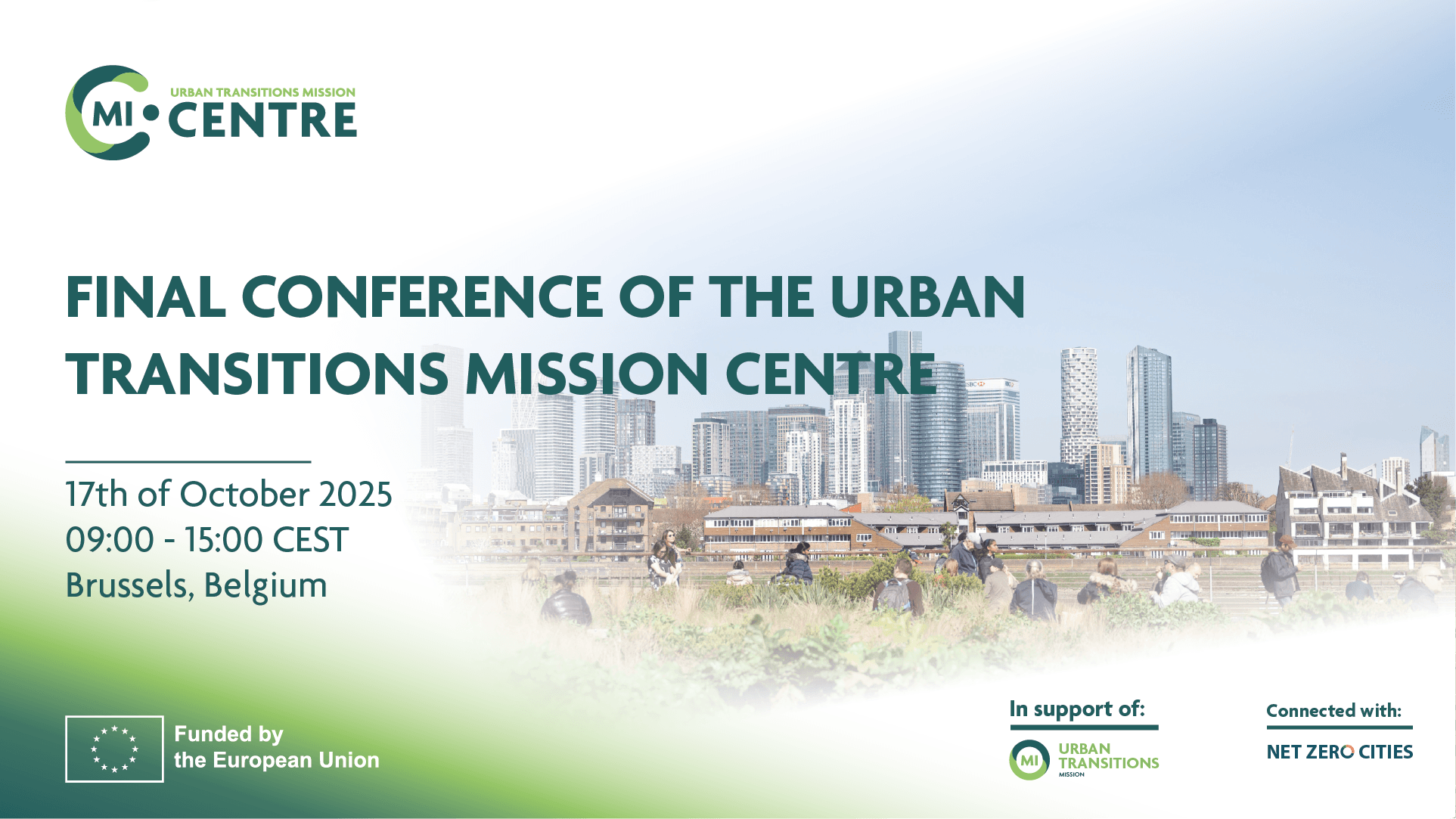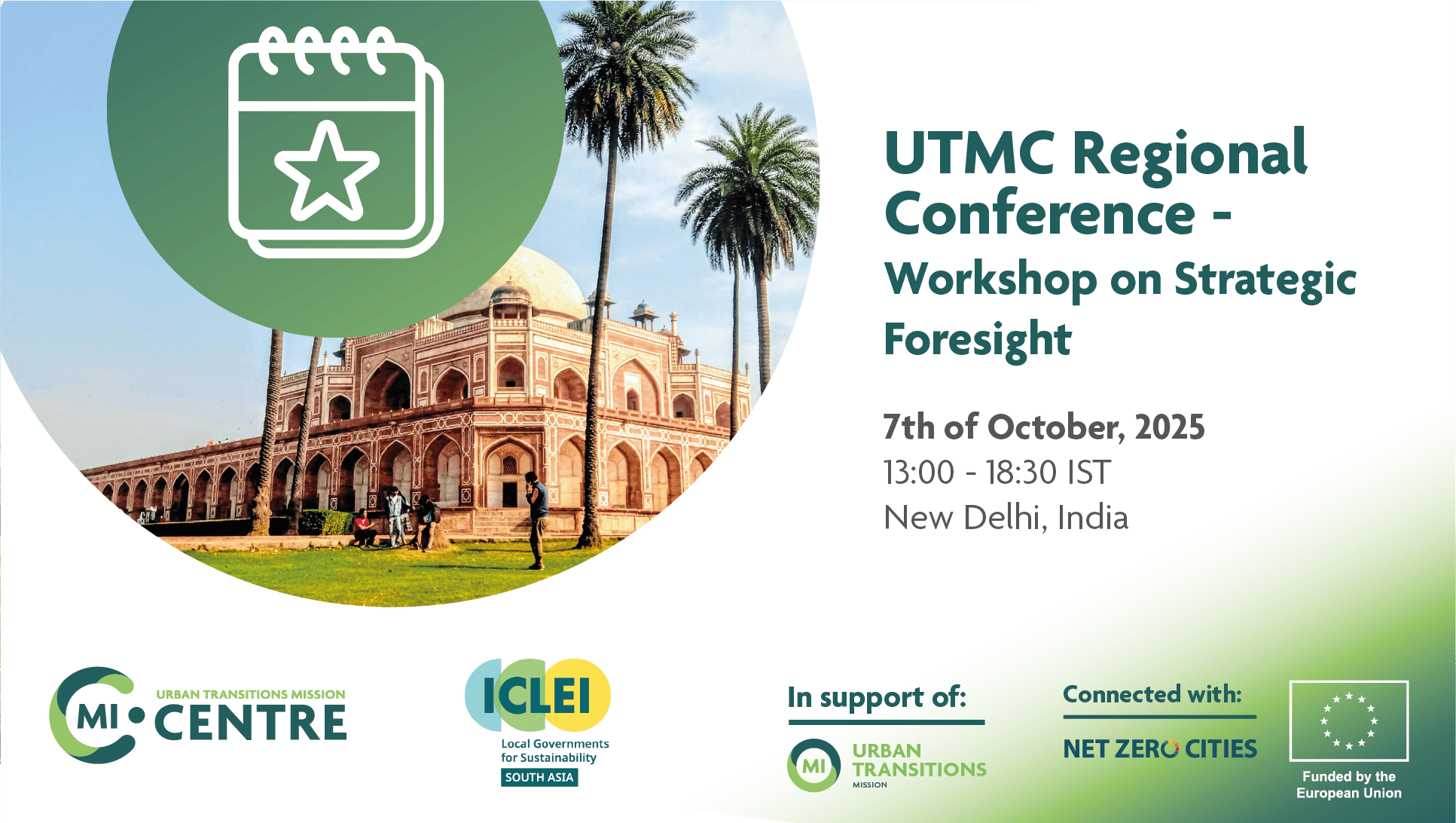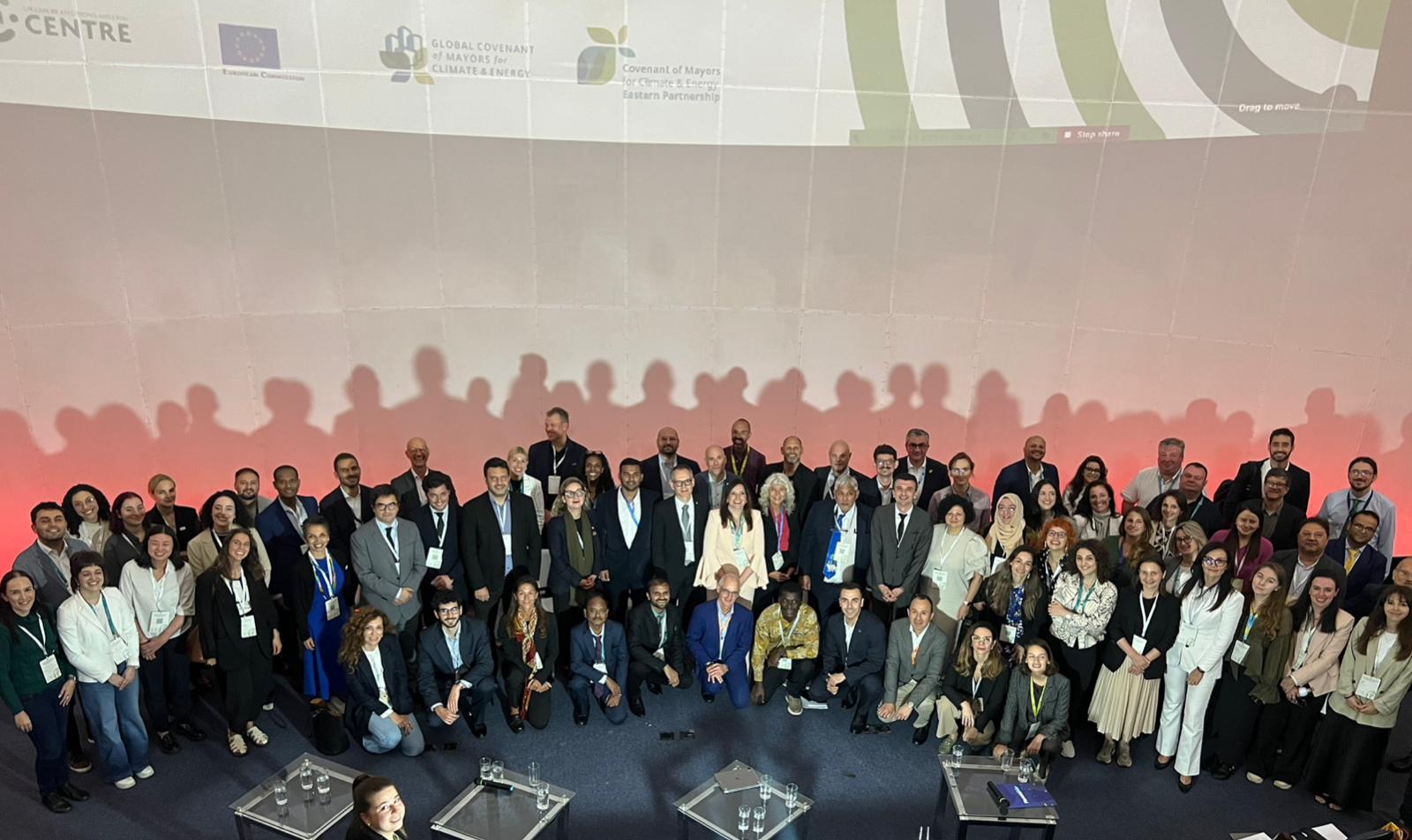On April 12, 2024, a training session was held within the framework of the UTMC project, as part of its capacity-building initiatives. The session focused on the essentials and methodology of Living Labs and was organised by the European Network of Living Labs (ENoLL).
It is essential to highlight that Living Labs have proven effective in urban transition. Their open-innovation approach and methodology enable the production of innovative solutions by involving relevant stakeholders. The Living Lab methodology facilitates the co-creation of solutions, services, or products that are aligned with the real needs of various societal actors.
In the context of the UTMC project, which aims to support cities in their urban transitions journey, showcasing the Living Labs approach and essentials was deemed highly relevant. The training session began with an introduction to the Living Labs methodology, exploring its different aspects and key building blocks that contribute to its comprehensiveness and efficiency. Various components are essential to establish Living Labs, including the stakeholder involvement process, which many cities have identified as a challenge in innovation projects.
The training session delved into the approach with a particular focus on citizen engagement. Participants engaged in a hands-on exercise featuring a case study involving a fictional city named Novaterra, which aims to innovate in mobility. Through this exercise, participants mapped out the diverse stakeholders who need to be involved in the case, identifying their priorities and interests in the stakeholder engagement process.
The second part of the session provided an enlightening opportunity to explore examples of Living Labs from three cities with diverse backgrounds, all actively engaged in urban development. These included urban Living Labs as cities such as Eindhoven from the Netherlands, Bangalore from India, and Basaksehir from Turkey, each specializing in various domains such as smart cities and mobility. Representatives from these Living Labs introduced their methodologies, outlined the engagement processes they employ with diverse stakeholders, and discussed strategies for addressing the challenge of citizen engagement. Furthermore, speakers showcased concrete projects currently underway within their respective Living Labs.
Despite the differing backgrounds and specificities of each city, all presented approaches were inspiring and held potential for implementation in other urban settings. Citizen engagement poses a common challenge across all three cities, and the utilization of the Living Lab approach showcases innovative solutions. It’s crucial to note that the process is dynamic and ever evolving, requiring alignment with the evolving needs and challenges of each community. Understanding and analysing stakeholders within each context is paramount for devising effective strategies through the Living Lab methodology, to engage and involve them in the innovation process, particularly in the realm of urban development.
The three-hour training session on Living Labs essentials and methodology proved to be insightful and successful, leaving participants equipped not only with the methodology and basics of Living Labs, but also with concrete examples from diverse contexts. These examples serve to inspire participants and the broader UTMC community, empowering them to apply the Living Lab methodology and stakeholder engagement processes to their specific contexts.
Following the emphasis on stakeholder engagement in this training, ENoLL will continue with another session scheduled on the UTMC platform for June 4th, focusing on co-creation, another key component of the Living Labs methodology.
If you missed the session, you can view the recording online.

